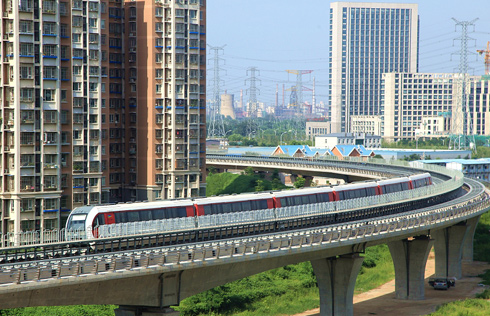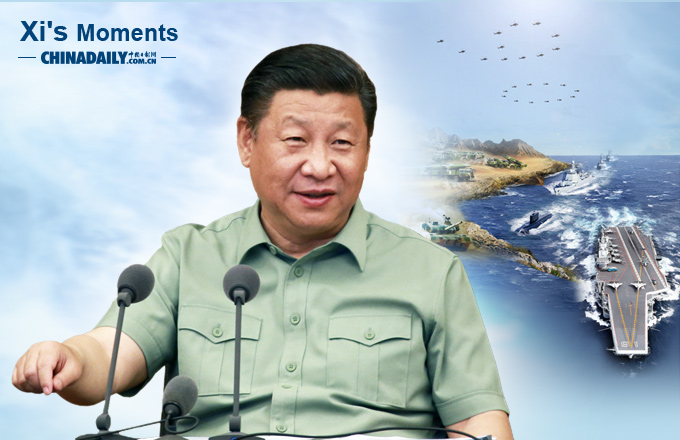New Delhi should come to its senses while it has time
As the standoff in Donglang between Chinese and Indian border troops enters its seventh week, the window for a peaceful solution is closing.
The countdown to a clash between the two forces has begun, and the clock is ticking away the time to what seems to be an inevitable conclusion.
But it doesn't have to be so. Beijing has time and again sent the message that to avoid conflict all India needs to do is withdraw all its troops from an area that based on historical treaties, historically expressed agreements and long-exercised control both have long agreed is Chinese territory.
The Ministry of Defense has warned India not to harbor any illusions and underestimate the resolve of the People's Liberation Army to defend China's sovereignty and territorial integrity. There is a "bottom line" to the restraint shown by China to India's trespass, as a ministry spokesman said.
Anyone with eyes to see and ears to hear will have got the message. Yet New Delhi refuses to come to its senses and pull its troops back to its own side of the border.
Different from the previous standoffs that happened at parts of the border contested by both countries, the military deployment by India this time, which even in its own words is on foreign soil — India says Donglang is territory disputed by China and Bhutan — has sabotaged long-standing agreements and understandings the two sides have worked hard to build over the years.
India's justifications for this — its own security concerns and its support for Bhutan — do not stand up to scrutiny, as made clear by the position paper released by the Chinese Foreign Ministry, and do not excuse its illegal act.
India's audacity in challenging China's sovereignty may come from its own sense of inferiority and insecurity in the face of China's rapid rise to prominence in the region, but betting on Beijing backing away from a fight because of its desire for a peaceful neighborhood is a risk, as it ignores the fact that the foundation for that is countries respecting China's territorial integrity.
India's trespassing is changing the long and legally established status quo in the area and is thus an act that China has no option but to resist.
Yet being at loggerheads serves neither side any good, and a violent clash is still avoidable, even at this late stage.
He who stirs up trouble should end it, as a Chinese proverb goes. India should withdraw its troops while the clock is still ticking. It will only have itself to blame if its stubborn refusal to heed the voice of reason leads to consequences it regrets.
- Beijing urban rail network to reach 608 km
- 7 teenagers missing after swimming in East China river
- Top political advisor lauds Inner Mongolia achievements on 70th anniversary
- Construction of new high-speed rail starts in NE China
- Xi congratulates Rwandan president on success in reelection





















